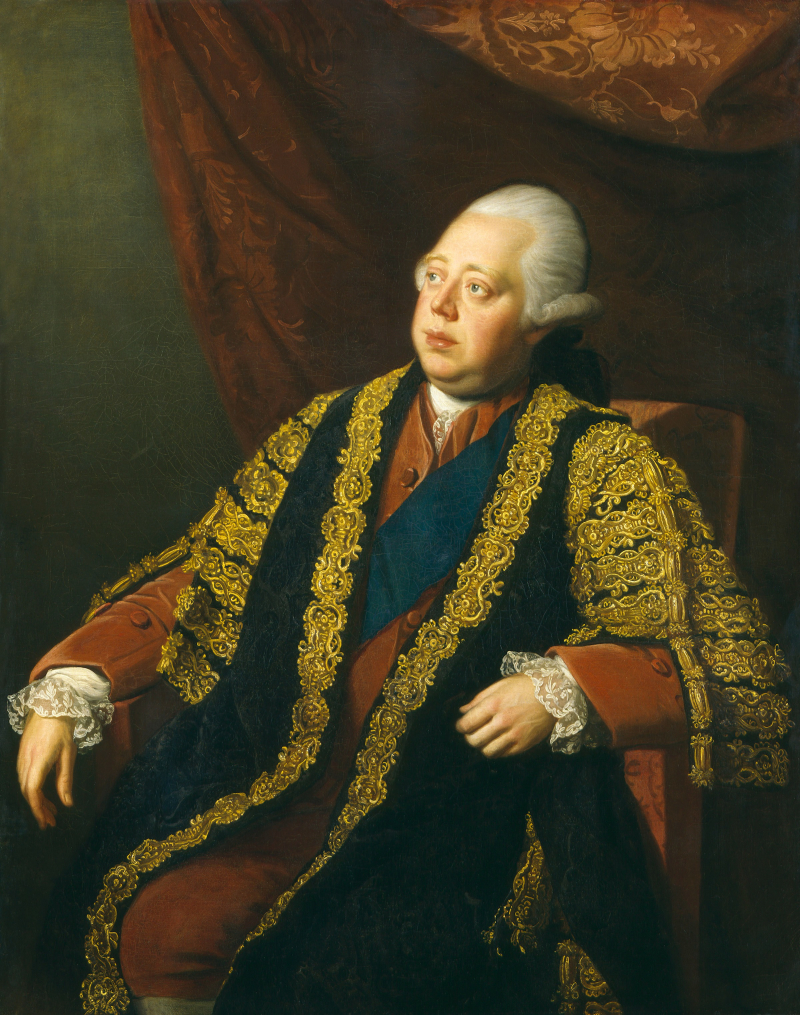Frederick North
From 1770 to 1782, Frederick North, often known as Lord North, served as British Prime Minister. Since the Parliament actually held the reins of power in Great Britain, Lord North guided his country through the majority of the American Revolution. The American colonies were unhappy about being taxed by a British Parliament for which they had not chosen any representatives, known as taxation without representation. Due to this controversy, Bostonians threw 342 chests of tea, valued at 10,000 pounds, into Boston Harbor during the Boston Tea Party in 1773. In response, Lord North put several laws into effect to punish the citizens of Boston.
Frederick North anticipated that this would discourage the insurgent colonists, but the Battles of Lexington and Concord in 1775 instead sparked an all-out conflict between the two sides. The struggle spread to other areas once France sided with the Americans in 1778, which made matters worse for Lord North. He attempted to retire since he didn't see much use in extending the fight, but King George III turned down both of his requests. However, the king was ultimately compelled to accept North's resignation in 1782 and to stop offensive operations in America by the Americans' crushing victory at Yorktown.











